Bibliography and Antholog
C'était Hier
Bibliography-Philippe Lawrence-Philippe Hernandez
Anthology of Music in Isère 1950 - 1970
This book traces the musical history of Isère between 1950 and 1970.
It includes practically all the orchestras, rock bands singers and musicians who animated the department during this period.
They are listed for the first time in this work which describes a vast overview of the social and cultural upheavals of this period of change.
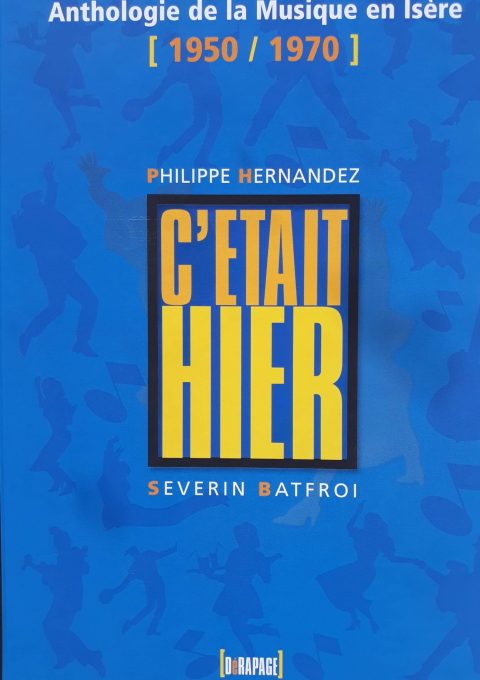
Galaxie 70
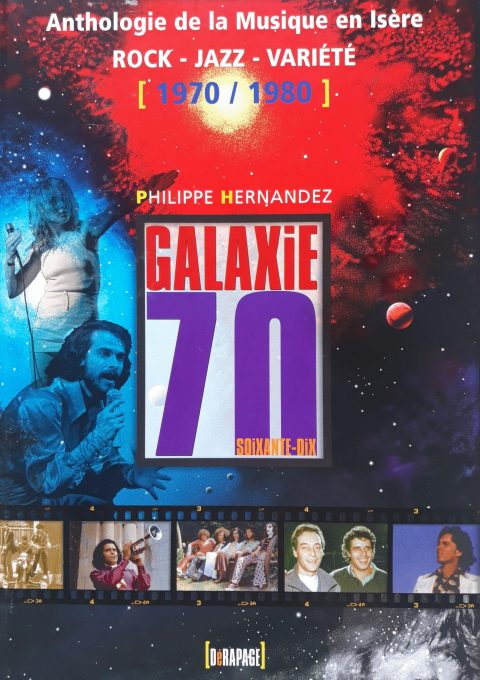
Bibliography-Philippe Lawrence-Philippe Hernandez
Anthology of Music in Isère 1970 / 1980
This book tells the story of music in Isère between 1970 and 1980.
Those who were lucky enough to live through the 1970s have strong memories of it, the artists even more than the others.
Yesterday was the ’70s galaxy. For musicians, nothing will ever be the same again.
In 2002, the “12/14” news programme on FR3, presented by Alain Fauritte, devoted a beautiful report to the release of the book “Galaxie 70”.
A reception was also organised by the Grenoble Town Hall on this occasion. Nearly 400 people gathered for this event.
Anthology
C'était hier and Galaxie 70
Tribute to all the musician friends of Isère
On the occasion of the release of the books, the city of Grenoble and its Deputy-Mayor Michel Destot invite the people mentioned in this music anthology to meet at the Grenoble City Hall for a tribute.
The exchanges will continue in a convivial manner at the “Drac Ouest”, a meeting place for the youth of Grenoble in the 1970s.
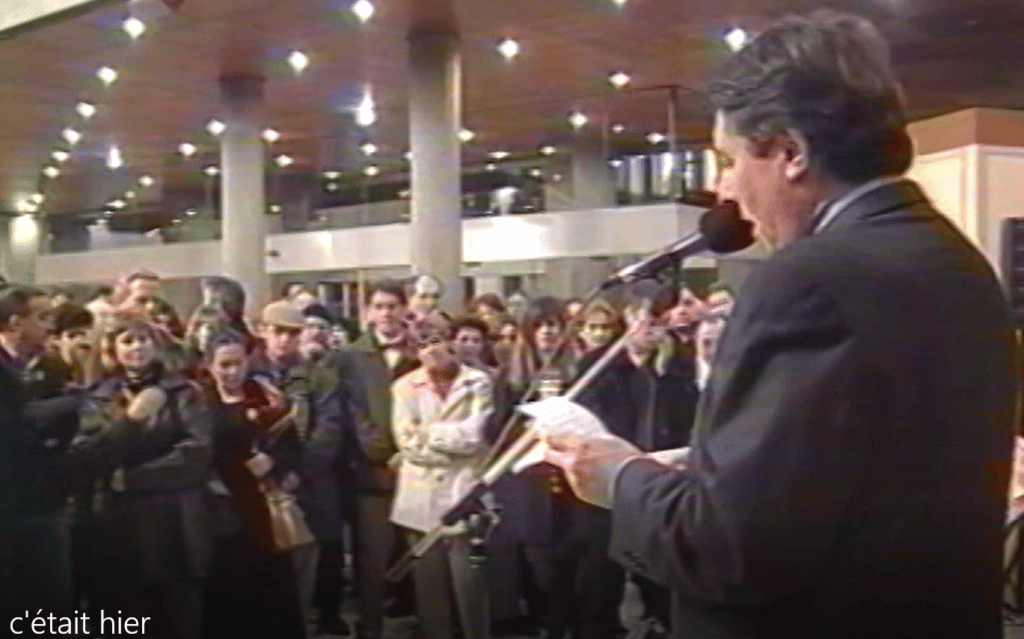
Thank you to the participants :
Vincent Maguilli, Robert Lajarige, Jean-Paul Court, Jean-Richard Barnabo, Claude et Nadine Schintu, Jacques David, Raymond Diamant, Jean-Pierre Chatin, Séverin Batfroi, Jean-Pierre Joseph Président de DERAPAGE, Jean-Claude Vial, Jimmy Mastromoro, Philippe Barret, Pierre Cuchet, Gabriel Andrieux, Tommy Valdès, Manuel Alias, Christian Delagrange, Daniel Tartari,
Jacques Monnet, Jean-Marie Perrin, Jean-Claude Champon, Hugues Marin, Gilles Pellegrini, Jo Villard, Pierre Pesenti dit Pison, Jacques Julien, Jo Gataleta, Charles Tarricone, Jacques Labalme, Alain Donsimoni, Serge Sibut, Dominique Passarotto, Michel Triano, Ange Vendra, Aldo Simone, Bernard Sauvage.
Jean-Jacques Carichon, Yves Chauvet, Mémé Dicarro, Joseph Comparato dit Yoyo, Serge Vineïs, Tony Garcia, Gilles Tartaix, Habib Ghoual, Robert Billongrand, Gilles Cheurlin, Jean-Louis Plantier, Jean Ferré, Gérard Arnaud, Philippe Petrizelli, Jacques Malher, Paul Cuella, Michel Torelli, Claude Brisset, …
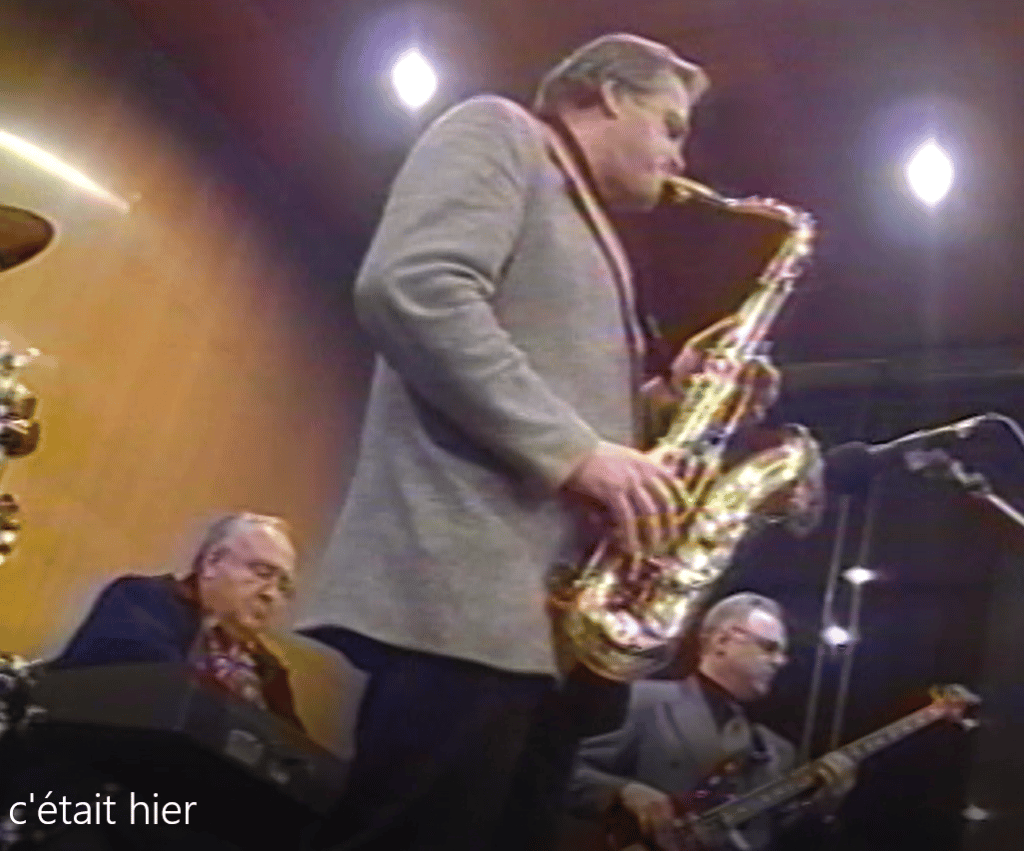
Jacques Julien, Jean Marie Perrin, Jo Gataleta
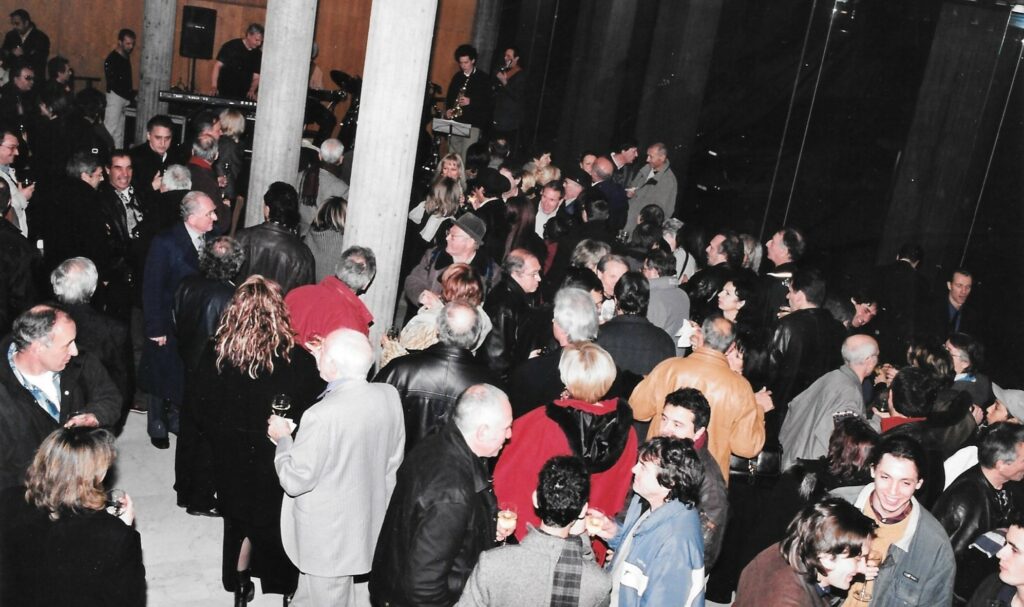
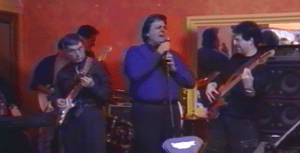
Sèverin Batfroi, Michel Triano, Claude Brisset, Michel Torelli, Jacques Julien
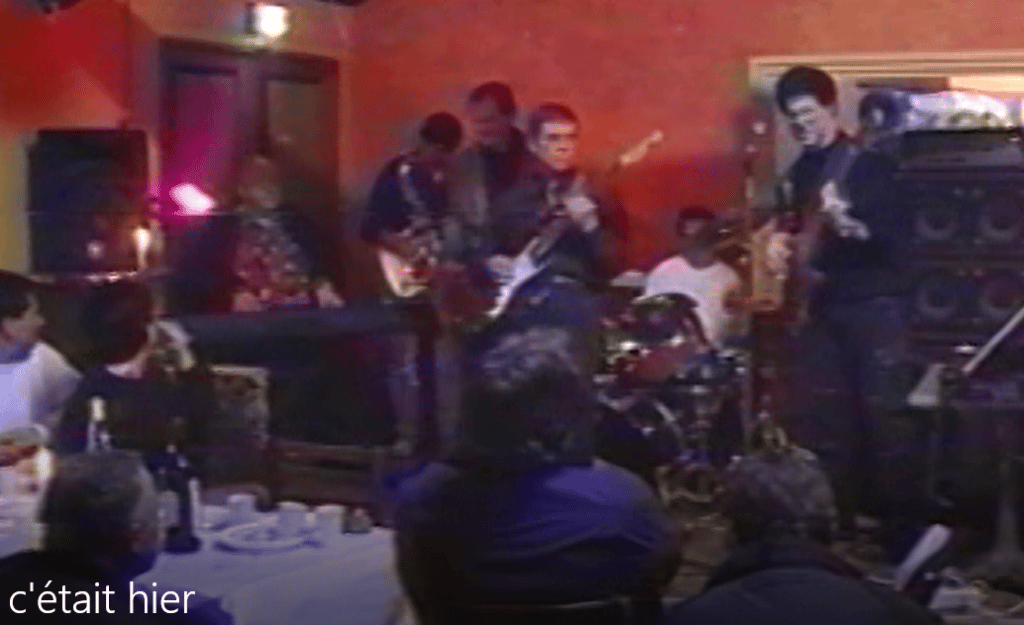
Thank you to the elected representatives present :
Michel Destot, Alain Pilaud, Jean-Jacques Glaizal, Jacques Chiron, Jean Balestas, Jean Paul Giraud, Jean Marc Cantèle etc…
Thanks to the media present :
Maud Cottave, Luis Pedro, Christian Keramidas, Didier Chaix, Jean Daumas, Marc Mingat
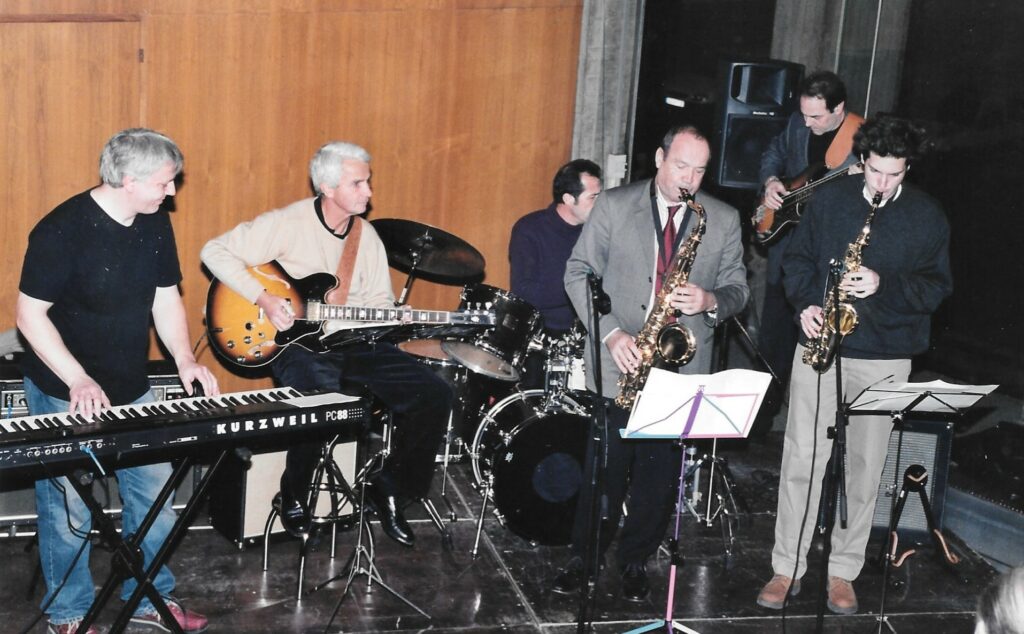
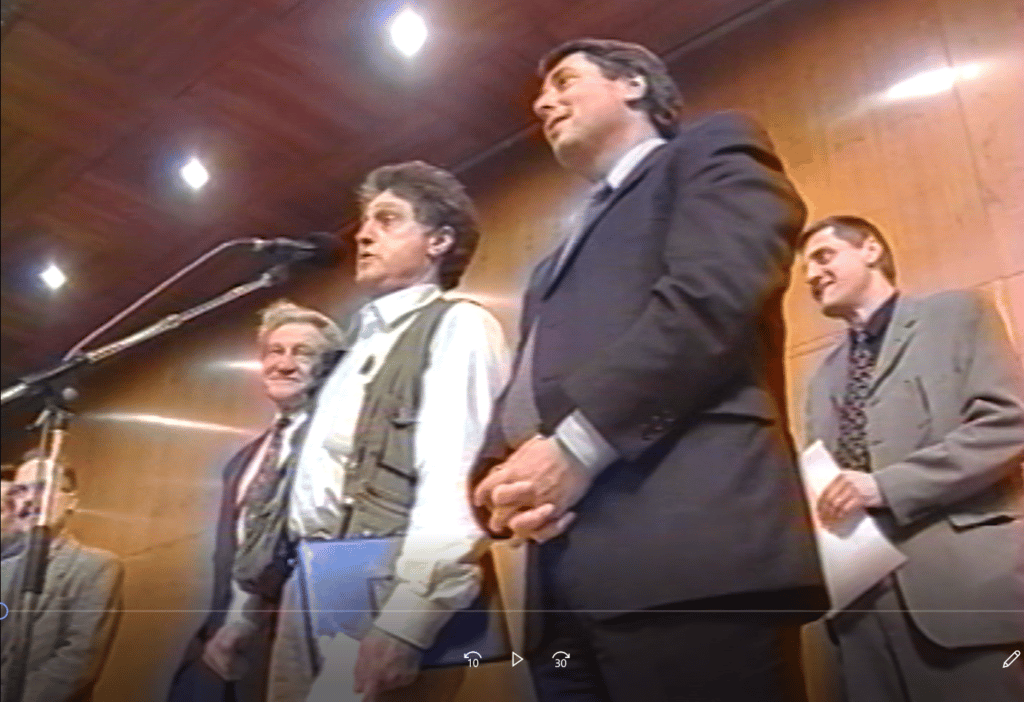
Bibliography-Philippe Lawrence-Philippe Hernandez

Extrait de la préface de Galaxie 70 écrite, par mon ami Séverin Batfroi :
“Certains historiens du rock considèrent que le concert historique du 15 août 1969 à Woodstock marque la fin du rock traditionnel et le début d’une ère nouvelle, celle de la musique Pop, influencée par le courant psychédélique. S’il est exact de reconnaître l’émergence d’un style musical nouveau, il ne faudrait tout de même pas croire que le bon vieux rock’n roll se soit pour autant éteint avec les feux déclinants des années soixante.
Le sillon tracé par les précurseurs était suffisamment profond pour que la récolte dure longtemps encore. En fait, ce qui marque la fin des “sixties”, c’est un événement dramatique. Le 6 décembre 1969, les Rolling Stones donnent un concert en plein air à San Francisco. Au cours d’une échauffourée près de la scène, un spectateur est poignardé par un membre du service d’ordre des Hells Angels. C’est par un acte d’une extrême gravité que s’achèvent les années soixante et que s’ouvre la décennie suivante au cours de laquelle la musique populaire poursuit sa mutation…”